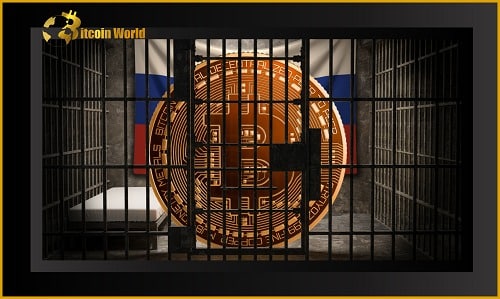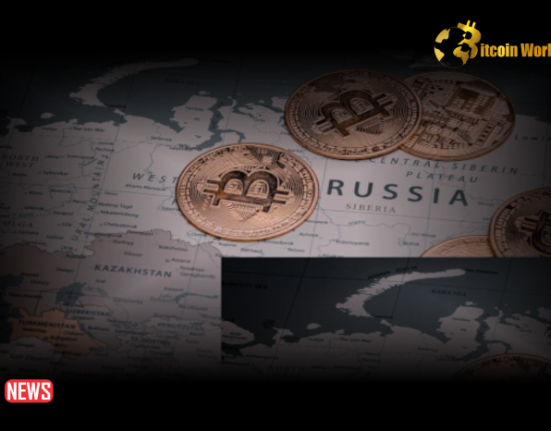With effect from March 1st, the US Treasury Department said that recent sanctions against Russia will include checks on digital currencies. The White House also advised large crypto exchanges to avoid doing business with sanctioned firms.
The government says it will take action against anyone who circumvents sanctions on Russia, including through the use of digital currencies, in an executive order scheduled to be publicly released later today.
According to Bloomberg, the White House has asked major cryptocurrency exchanges to verify that their platforms cannot be used to circumvent Russian sanctions.
The action comes amid rising concerns that Russia could exploit digital assets to circumvent some of the most stringent US sanctions ever imposed. Last week, the US and its allies stopped many Russian banks from using the SWIFT transaction network, as well as freezing their foreign assets.
Russians will have limited access to foreign cash as a result, which would stifle economic progress and further isolate the country. The new round of sanctions is in response to Russia’s invasion of Ukraine, which resulted in combat in Kyiv and the surrounding areas. Following the limitations, crypto trading volumes in Russia skyrocketed, while the ruble plummeted against bitcoin and most other tokens.
With inflation expected to rise in Russia, the ruble is likely to lose even more value, forcing Russians to look for other options. In Ukraine, citizens were spotted using bitcoin and the popular stablecoin tether in the face of a falling hryvnia and the suspension of electronic currency transfers.
Russia has been a strong supporter of cryptocurrency, with the country accounting for around 12% of the global market. This has spurred speculation that crypto may be used to circumvent restrictions.
On that basis, Ukrainian ministers have urged on major exchanges to entirely prohibit Russian customers. However, the action drew condemnation from the crypto community, who said that it went against the depoliticized, decentralized character of the currency.
Kraken, which has a significant presence in Russia, stated that it would only do so if legally required. Binance stated it would restrict US government-sanctioned entities but not civilians.
Related Posts – Ferrari joins the NFT universe through a collaboration with a Swiss…














